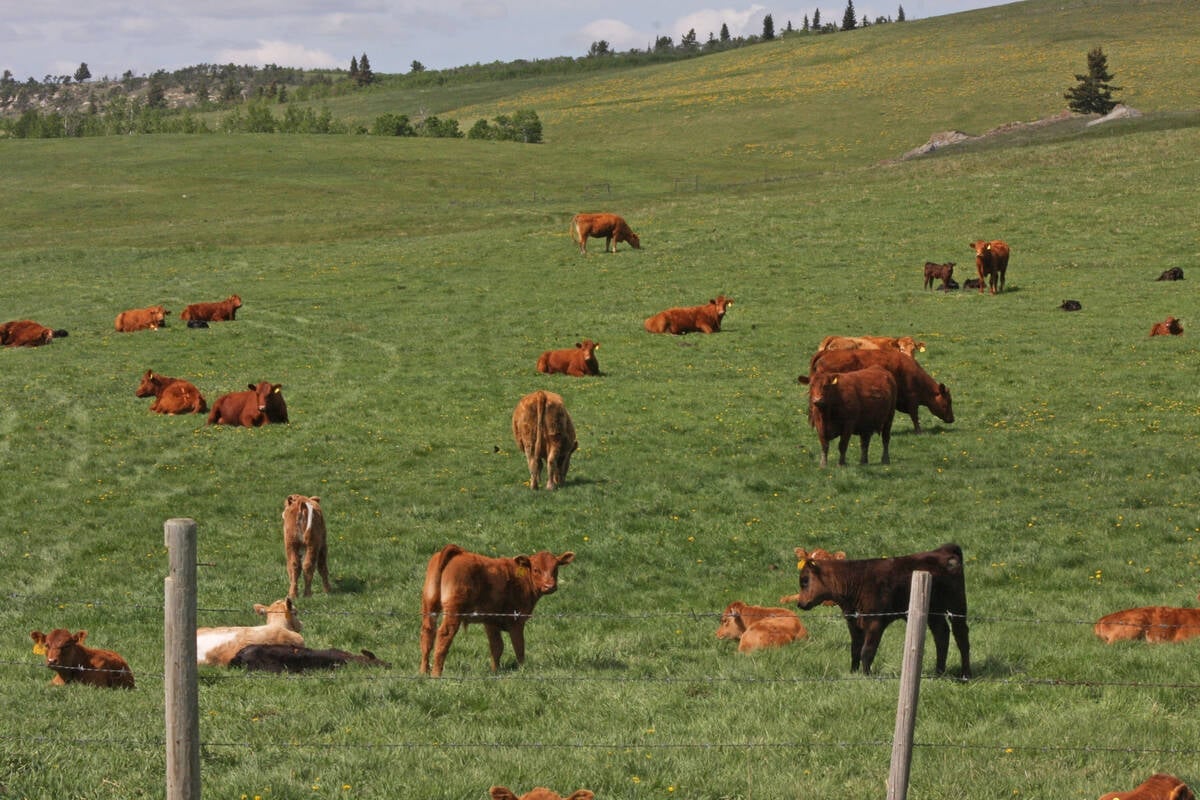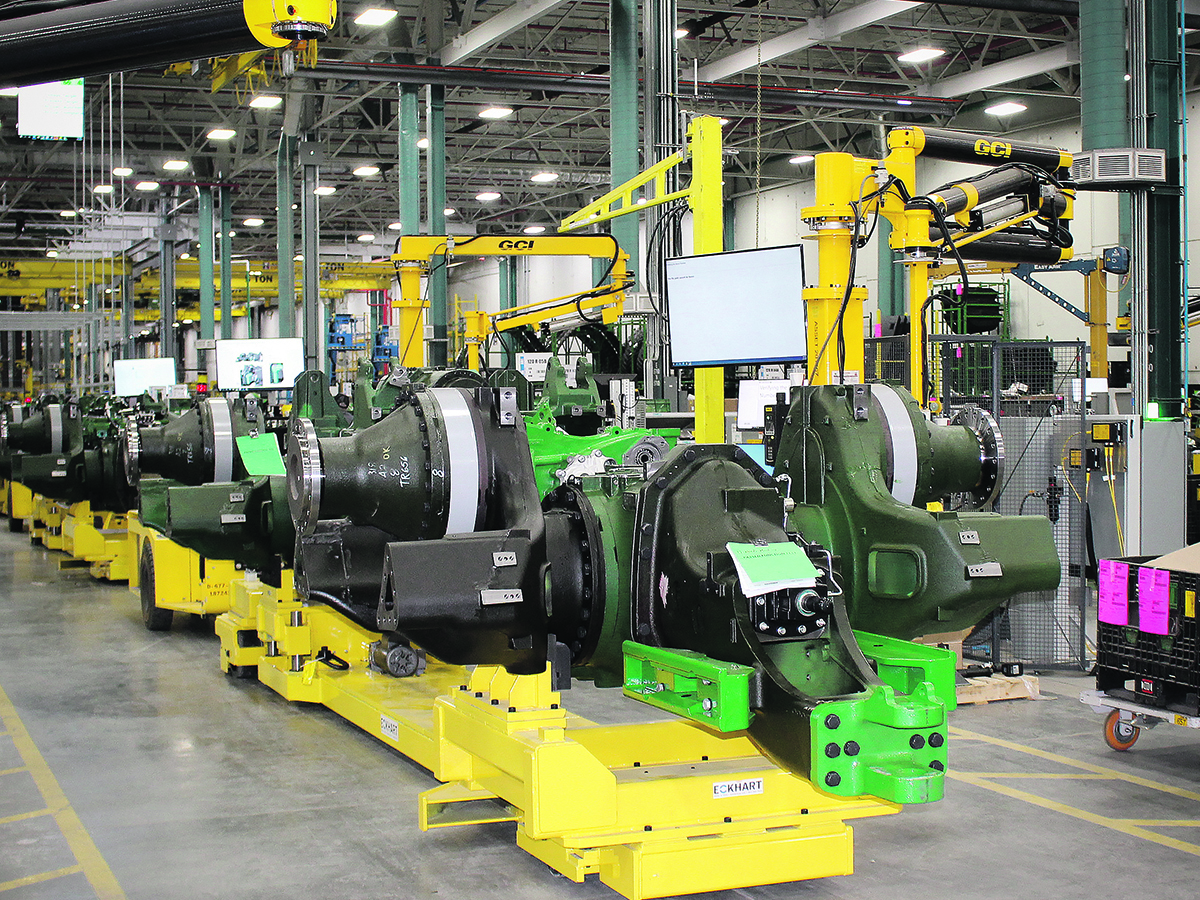Company executives highlight their American investment activity and the impracticality of relocating production plants
Although executives at the major equipment companies haven’t said all that much publicly about how president-elect Donald Trump’s pending tariff disruption could affect their global businesses, there are indications the threat is definitely on their minds.
In late December, John Deere issued a press release highlighting the effort and investment the company is making, and has made in recent years, to bolster its production footprint within the United States, despite some recent high-profile criticism to the contrary.
To start with, the brand just announced a U.S.$13.5 million expansion to its Stafford, Missouri, remanufacturing plant, pushing the plant’s size to 400,000 sq. feet.
Read Also

Livestock leads Canada’s farm economic outlook
Forecasts by a major Canadian farm lender featured good and bad news on the financial health of both farmers and Canadians at large.
There’s the$48 million upgrade to the East Moline, Illinois, harvester plant along with another $101 million investment in equipment there to handle production of the new X9 combines.
Another $40 million-plus is being poured into the Des Moines, Iowa, sprayer facility, as well as a $10 million expansion and upgrade of the seeding equipment plant in Moline, Illinois.
Then there’s the $70 million invested in a new facility in Kernersville, North Carolina, to build excavators. The Waterloo, Iowa, tractor assembly plant has just seen a five-year redevelopment, in part to handle production of the newest 9R tractors.
The underlying message seems to be a reassurance that there isn’t any chance of the brand pulling up stakes entirely and heading for foreign lands. Trump had previously threatened a 200 per cent tariff on any Deere product coming into the U.S. that was built in Mexico, after a late fall announcement by Deere of some production being transferred to one of its plants there.
Many U.S. supporters of tariffs see it as a tool to bring home a reinvigorated manufacturing sector, such as had existed in the U.S. many decades ago. However, a number of economists have been publicly skeptical of the effectiveness of that plan.
During an analyst day event in New York in late December, senior Agco executives addressing an audience of financial sector journalists explained why they wouldn’t be changing the company’s production locations in the near term, even if tariffs are applied.
They pointed out that component manufacturing is spread across the globe, even for those companies that do most of their final assembly in the U.S. for the North American and other markets.
“So what does that mean for us?” said Agco chief financial officer Damon Audia.
“If we’re thinking of importing some of our wheeled tractors from Western Europe and how does that compare relative to our competition who may have a better assembly operation here in North America? But what about their suppliers that may be coming from other low-cost countries, and how does that influence them and their competitive price position relative to that?”
He said that in the face of new tariffs, the company would make efforts to mitigate costs and limit price increases wherever possible, but the main concern would be how much of a price increase farmers are willing to accept. In the foreseeable future, the price of machinery is about all that a tariff would significantly change.
“We’ll look for alternative suppliers if we can to do things to dampen that. But I don’t see Agco in the near term investing in increasing our capacity here to in-source or bring the wheeled tractors in large volume into North America. That would take several years and a lot of investment.”
















